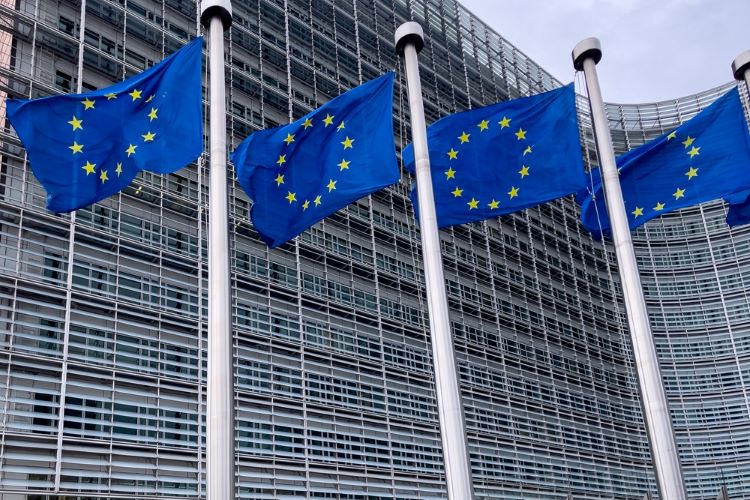Enhancing competitiveness of European life sciences
Posted: 19 April 2024 | Catherine Eckford (European Pharmaceutical Review) | No comments yet
EFPIA’s reflections on the recent Conclusions of the Special Meeting of the European Council assert the importance of ensuring a more resilient and competitive life sciences sector.


Credit: Mounir Taha / Shutterstock.com
Conclusions from the meeting of the special European Council (17-18 April 2024) have recognised a need for new European competitiveness deal “anchored in a fully integrated Single Market”.
Collaboration was highlighted by the Council as an essential factor to “close growth, productivity and innovation gaps between the Union and its international partners and main competitors… [therefore] policy action must be better put at the service of enhancing Europe’s economic, manufacturing, industrial and technological base”.
On industry research and innovation, the Council Conclusions called for “a more innovation-friendly environment based on excellent science, which accelerates market uptake and the industrial and commercial scale-up of innovation, while increasing investment in research and development to meet the three percent GDP expenditure target”.
Ensuring competitiveness in Europe
European Federation of Pharmaceutical Industries and Associations (EFPIA) response
EFPIA Director General, Nathalie Moll asserted that conditions must be created to drive R&D in Europe, “supporting investment in high-tech, sustainable manufacturing while maintaining open, global supply chains”.
a strong research-based pharmaceutical industry will be critical to Europe regaining its competitiveness and building economic and health resilience in the face of continued global insecurity”
“In our sector, we have witnessed a 25 percent fall in our share of global R&D investment over the past two decades… As the EU considers the Strategic Agenda 2024-2029, creating a new competitiveness deal for Europe and specifically a comprehensive health and life-science strategy within it, could be the catalyst to prevent further decline, reverse these trends and build a healthier, more competitive and resilient Europe,” Moll continued.
As stated in the Conclusions from the meeting, the Commission should “provide high-quality, timely and thorough impact assessments and competitiveness checks”. EFPIA noted that the Council has an opportunity to ensure the new legislation supports European competitiveness, despite it potentially being “too late” when it comes to the revision of the EU Pharmaceutical Legislation.
Reflecting on the importance of a dedicated health and life sciences strategy, EFPIA summarised: “a strong research-based pharmaceutical industry will be critical to Europe regaining its competitiveness and building economic and health resilience in the face of continued global insecurity”.
Related topics
Big Pharma, Drug Development, Drug Manufacturing, Industry Insight, Manufacturing, Regulation & Legislation, Research & Development (R&D), Therapeutics









